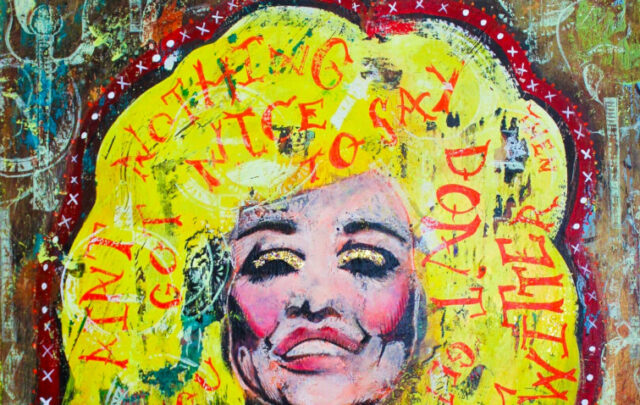Solidarity Economy Association makes the case for building movements based on international co-operation and knowledge exchange.
We are living in a time of multiple crises. The climate emergency seriously threatens the continued survival of humanity, exacerbating injustice, exploitation, poverty and vulnerability. And the global cost of living crisis is driving more and more people into precarity. Although these crises are often portrayed as novel and contemporary rather than cumulative consequences of centuries-old destructive systems, those that have been at the frontlines of marginalization caused by the current world order, rooted in colonization and capitalism, have always known, to quote the Zapatistas, that this house has been on fire for many centuries.
Coming up with solutions and alternatives to this destructive system has therefore been a necessity for communities across the globe. From the Black Panthers in the US to the peasant communes in Spain, from the Zapatistas in Mexico to the global Occupy movement, from the landless workers in Brazil to occupied Palestinians, from the Shack Dwellers in South Africa to the Diggers in the UK, Rojava to Cooperation Jackson in Mississippi, resistance to colonial and capitalist domination is abundantly spread. And one thing they all have in common is their focus on the ‘solidarity economy’ as a crucial pathway to autonomy and building a fairer world.
The solidarity economy is as an organizing framework that centers collective liberation through meeting our material needs co-operatively while breaking from the dependence and precarity that capitalist systems create and maintain. Solidarity economies are grounded in practical solutions built from the ground up by particular communities to meet their specific needs in immediate terms, but also while envisioning autonomy in the long-term. To do this, they integrate three common strategies for social change: challenging dominant institutions, personal transformation, and building alternative institutions. The interplay and balance between these strategies is interpreted differently in every political context.
While solidarity economies are inherently place-based as they respond to the local needs of their particular communities, they also place value on coalition-building and international solidarity founded on shared principles, including social, racial and environmental justice, democracy, respect, interdependence and sustainable mutualism. For this, knowledge exchange across varied spaces is crucial in developing strong foundations to the solidarity economy movement. These allow for the sharing of experiences, challenges but also strategies to respond to them, in a way that does not uphold hierarchies of knowledge but instead sees revolutionary knowledge production as a bottom-up and horizontal process.
Collectively developing our capacity to self-govern and develop place-based solidarity economy movements is among the most urgent matters of our time. It provides extraordinary opportunities to fundamentally change our relationships to ourselves, each other, and the land. The Solidarity Economy Association (SEA) was founded to contribute to this global lineage and help new institutions learn the lessons of those which have come before. As a small UK-based cooperative, our objective is to build a stronger solidarity economy here, through establishing deeper connections between the various organizations and groups that are already at the frontlines of mutual aid and the various arenas of transformative justice work. In order to support in strengthening these foundations, we run collaborative projects that deliver sustainable community development, economic democracy, social justice and community ownership. We also focus on building knowledge and awareness of these alternatives, through local, national and international collaborations.
Since 2020, we’ve raised over £150,000 to support vital water projects in north and east Syria through our Water for Rojava campaign. In 2021, we created a UK-wide organizers’ network (SE-ON) focused on supporting and connecting grassroots organizations working at the frontlines of migrant justice, working class struggles, women’s autonomy, land and food sovereignty and other arenas of transformative justice work. We have also continued to build platforms dedicated to sharing and spreading resources. These include our mutual aid website and our most recent webinar series Conversations with Gamechangers, with live interpretation in six languages.
Support the growth of the solidarity economy in the UK by giving to our ongoing Crowdfunding campaign – no amount is too small.
Teaser photo credit: Mural by Dan Manrique Arias. Photo by Terence Faircloth, CC BY-SA 4.0





